How is New Year's Day celebrated in Finland?
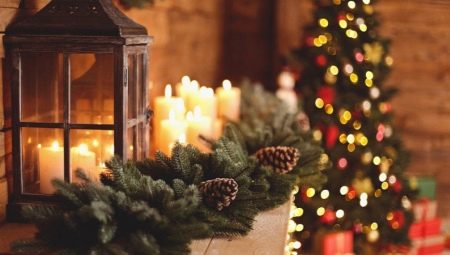
Despite the seemingly all-encompassing globalization, expressed national traditions persist in many parts of the world very steadily. Tourists should definitely know local customs, and especially those who are going to move abroad for permanent residence. It is also useful to find out how the New Year is celebrated in Finland.
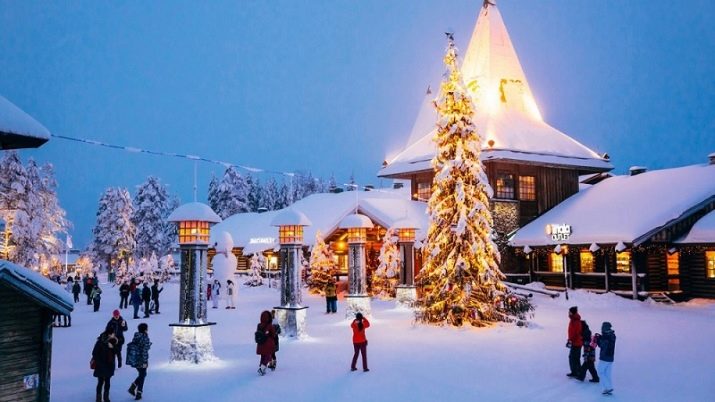
Peculiarities
The story about how the New Year is celebrated in Finland should start with exactly when it is celebrated. There is nothing unique here. TOAs in other European countries, the most favorite holiday occurs at midnight from December 31 to January 1. The typical Finnish approach, however, manifests itself in large families and in the practices of the older generation. Traditionally, New Year's holidays are celebrated in their homes, organizing a feast.
But, like among our compatriots, Finns of a younger age try to gather in clubs and restaurants. The approach of celebrations is already felt 30 days before the cherished date. Streets and squares are decorated with fir trees. The main center of the festivities is predictably Helsinki. Since the daylight hours at the end of December are relatively short, the role of illumination is very important. More importantly, the way the New Year is celebrated in Finland is that it is ... in second place.
And traditionally, Christmas is in the first place. It is on December 24-26 that the peak of the festivities falls. Just on these dates they are trying to get together. And yet the usual New Year period is also eagerly awaited. It takes place in much the same way as in our country:
- fireworks are fired;
- open champagne;
- congratulate everyone you can.
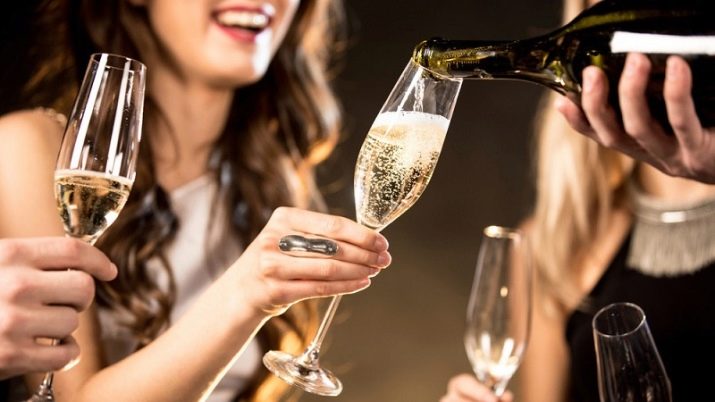
A notable feature of the New Year in Finland is the tendency of many people to congregate in saunas. The main part of the celebrations takes place during the daytime. Few Scandinavians try to celebrate the holiday well after midnight, especially in restaurants. To overcome this mood, bright, magnificent performances are prepared in cafes and restaurants. Important: when the New Year is celebrated in our usual sense, the festive table turns out to be poorer than at Christmas.
The only time when you can legally launch fireworks falls at 6 pm on December 31 - 2 am on January 1. In the capital, it is customary to gather in the main square and participate in mass festivities. Mayor of Helsinki congratulates on New Year before midnight. But the speech of the President of the country takes place at noon on January 1. Christmas holidays in Finland last longer than in other countries. They start 4 weeks before the date itself (unlike, for example, the Swedes, who start celebrating from December 13, when St. Lucia's day comes).
The period of the Christmas holidays is usually called "Advent". Even then, parties begin, which continue until midnight. Such events take place both at workplaces and in educational institutions.
At the same time, the citizens of Finland have a little rest; weekends for almost everyone are limited to January 1.
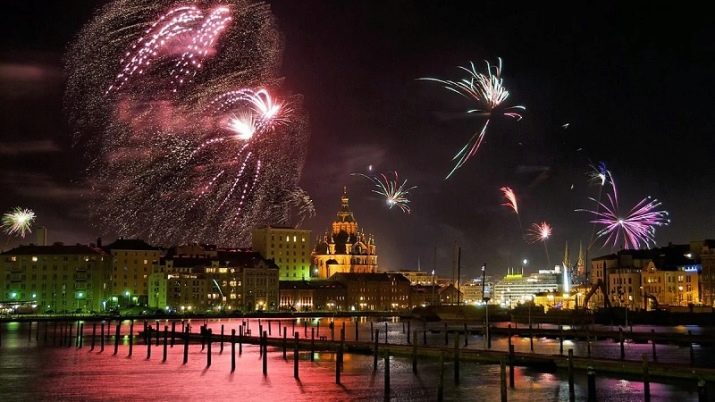
Festive table
As already mentioned, on December 31, the Finns prepare a very modest meal. Usually put on the table:
- homemade sausages;
- rosolli (analogue of vinaigrette);
- potato salad with onions, oil and vinegar.
In families where traditions are respected, they also eat:
- pork ham;
- carrot and potato casseroles;
- salted fish;
- rice porridge with almonds;
- kaaliveli (cabbage porridge);
- cloudberry jam;
- shangi;
- cinnamon biscuits.
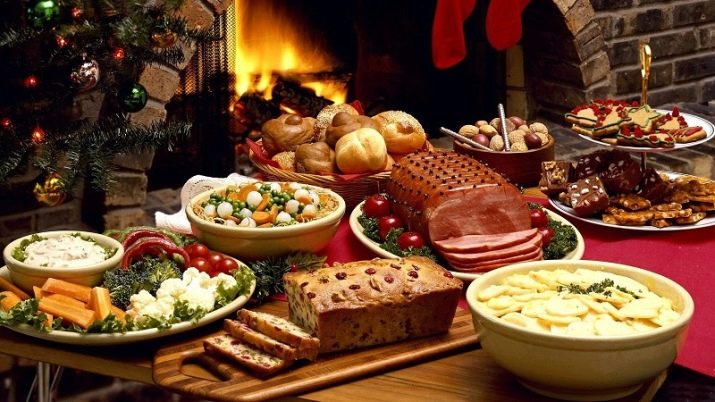
But a description of the festive table would be clearly incomplete without mentioning the drinks that are placed on it. Both for the New Year and for Christmas, the Finns love to cook gleg (the national version of mulled wine). The drink is based on red wine and is typically accompanied by cinnamon biscuits. There is also a cranberry glue (juice-based). This option is suitable for children, as well as people who, for reasons of conviction or health, cannot drink alcohol.
You can also find:
- sahti (beer made from heterogeneous grains);
- Vianu (which is often confused with vodka);
- mint (also confused with vodka).
Finishing the theme of the Finnish New Year's table, we must also mention:
- stuffed turkey;
- combined (fish and meat) dishes;
- beetroot salad with vinegar and cream;
- gingerbread.

What do they give?
Of course, national traditions also apply to gifts. Among Finns, it is not customary to give expensive things for the New Year, as well as for any other holidays and special occasions. Those who do this put others in an awkward position. This makes the gifted wonder about the motives of such an act, as well as about how to “give it away”. It is not customary to wrap gifts in wrapping paper. This is due to the fact that presentations are often redirected, not seeing anything shameful in such an act. They usually leave postcards for themselves. For the new year, you can give flowers that will not last long. However, it will not be a mistake to give any other bouquet, if only it was done with soul and taste.
Important: if you donate long-lived flowers, especially cacti and succulents, it will be perceived as an inappropriate imposition of home design.
Some people hand out cookies for the holiday. But - only to those who are well-known, so that the surprise is to their liking and does not harm their health. It is not accepted to donate alcohol: cheap varieties offend, and expensive ones, as already mentioned, emotionally strain. Handcrafted items, even artistic creation, are presented only if the recipients are confident that the recipients will be happy. If there is no such confidence, it is not advised to tempt the Finns.
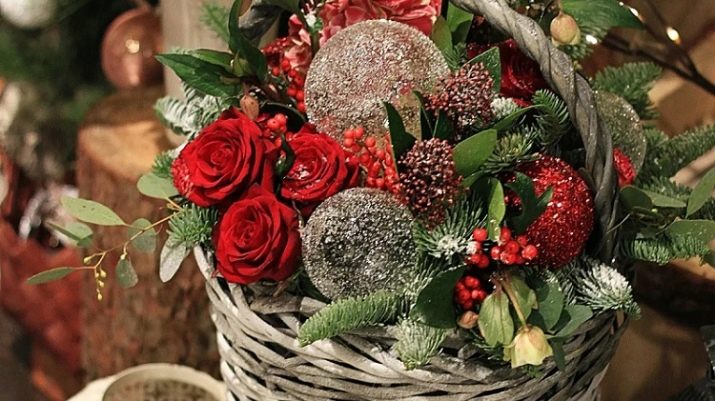
It is not customary to give money at all. If there are absolutely no original thoughts, they buy souvenirs and symbols of the New Year, Christmas. Schoolchildren are usually given:
- educational games;
- age-appropriate literature;
- accessories for sports and active leisure.
Among adults, it is more common to give each other:
- garlands and Christmas tree decorations;
- sauna accessories (but not too intimate, of course);
- cigars;
- personally made baked goods (especially cakes);
- jewelry;
- antiques;
- elite perfumery;
- utensils.


Traditions and customs
Of course, the Finns celebrate solemn days in winter not only with festivities, presents and feasts.
- On Christmas Eve (the day before Christmas) it is customary to visit cemeteries. The business is not limited to lighting candles - they try to keep the fire going even at night.
- As a decoration, a fresh turnip is placed on the New Year's table. It is not eaten in principle, but something similar to a Halloween lantern is made.
- A small amount of straw is placed on the chairs (armchairs) and under the tablecloth. It is generally accepted that this helps protect against failure.
- On the 24th and 25th, they go to perform winter songs of traditional content.
- Finns, of course, make sure to decorate the house. In addition to the Christmas tree, the “straw chandelier” is an integral part of the celebrations. It is hung right above the tables.
Chandeliers are made by young people, which is a great opportunity to get to know each other.
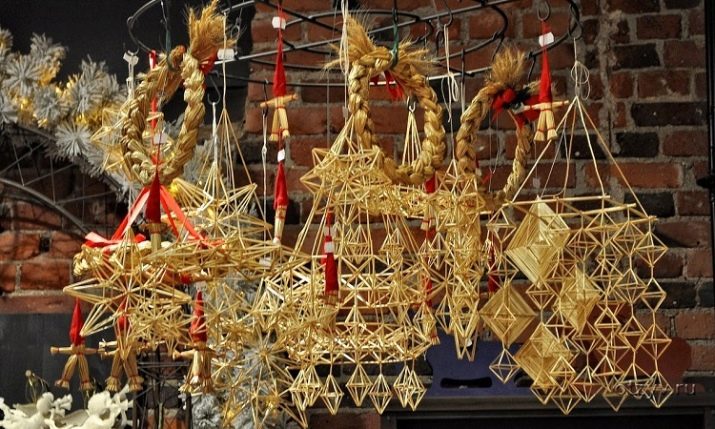
For more information on how the Finns celebrate Christmas and New Year, see the next video.








